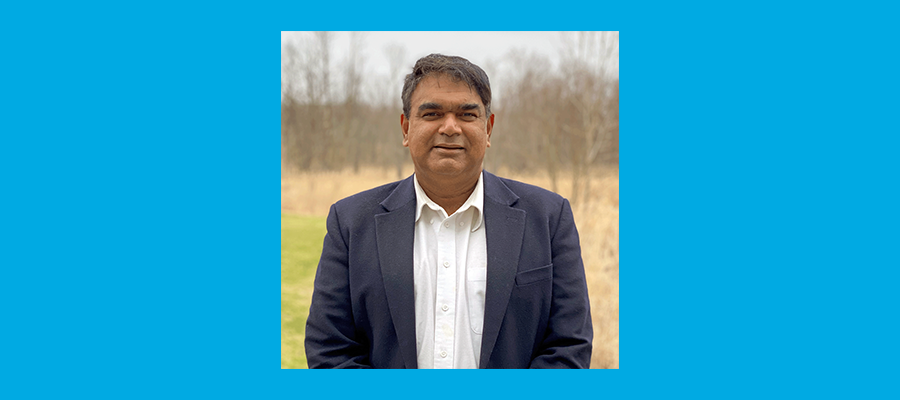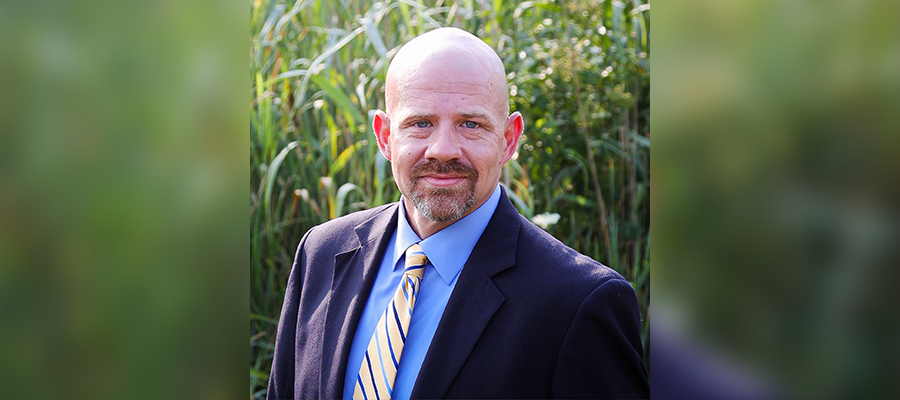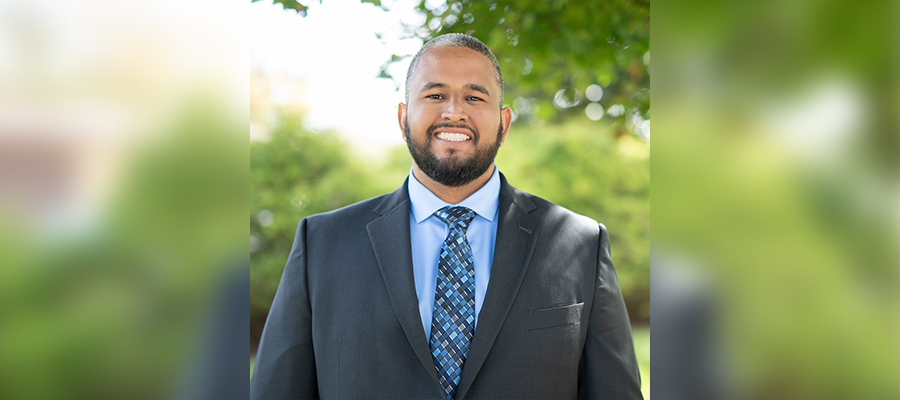- Vegetation Management Services
- In Your Neighborhood
- About
- Careers
- Webinars
- Articles
Working to Leave the Golden State Better Than He Found It

Working to Leave the Golden State Better Than He Found It
As the Director of ACRT Services’ Research, Science, and Innovation (RSI) department, Anand Persad, Ph.D., is working to better tree systems, community-level interaction, and educate grade school-level students throughout the State of California.
Dr. Persad explains, “The thing about California is there are a huge number of phenomena – there are droughts, fires, and beyond that, there are huge trees and communities with lots of green spaces in proximity. That’s a recipe for things to go wrong if trees begin to become structurally compromised.”
Dr. Persad and his team are developing programs to better the annexation of trees and humans for future forest initiatives by using technology to develop an improved road map to guide communities when dealing with the evolving climate and the impact it has on the tree and human populations.
He’s also working to boost community-level interaction through technology to communities throughout the state so its residents can better understand tree planting and more.
“Technology can be as simple as having a proper tree planting map that’s based on tree biomechanics and artificial intelligence-based processes, coupled with properties inherent in tree species and not so much personal preference or what’s widely available,” notes Dr. Persad.
Having a tree structural- and climate-informed planting strategy will help design a better, climate-resilient tree canopy for future generations.
Implementing plans that use tree structure and consideration of potential impact forces, both non-living (drought, winds, fire, etc.) and living (insects and diseases), and planting the right species properly and further apart, communities can begin to make the impact of fires more manageable.
Dr. Persad is the recipient of the 2021 International Society of Arboriculture (ISA) L.C. Chadwick Award for Arboricultural Research and the Award of Achievement by the Ohio Chapter of the ISA. He is using his extensive background in arboriculture, tree biomechanics, and more to make a lasting impact on California’s terrain.
“Our goal is to implement these early warning systems and better programs for the future in California,” says Dr. Persad. “We want to have a program where vegetation is managed and there is defensible space around infrastructure that’s maintained.”
Related Articles

By C. Troy Ross, President, ACRT and ACRT Pacific On a chilly Monday morning, a utility vegetation management crew gathers for their weekly briefing. Instead of launching into instructions, their supervisor begins by asking each team member how they’re doing. One mentions a child’s illness, another shares excitement about a certification course they just completed,[...]
Read More
Every year on Veterans Day, we pause to honor the men and women who have worn our nation’s uniform. They come from every background and every corner of the country, united by a common purpose: to serve something greater than themselves. Their service enriches our organization, and we are grateful for the impact they continue[...]
Read More
As we celebrate Employee Ownership Month this October, we are proud to highlight colleagues who have served on the ACRT Services Board of Directors. At ACRT Services, our independence as a 100% employee-owned company empowers every employee-owner to share in our success and play a role in shaping our future. This commitment reflects our mission:[...]
Read More
As we celebrate Employee Ownership Month this October, we are proud to highlight colleagues who have served on the ACRT Services Board of Directors. At ACRT Services, our independence as a 100% employee-owned company empowers every employee-owner to share in our success and play a role in shaping our future. This commitment reflects our mission:[...]
Read MoreRecent Posts
- Servant Leadership in Utility Vegetation Management 12th Nov 2025
- ACRT Pacific Honors Our Veterans 10th Nov 2025
- Rian Owens Receives Safety Challenge Coin 05th Nov 2025